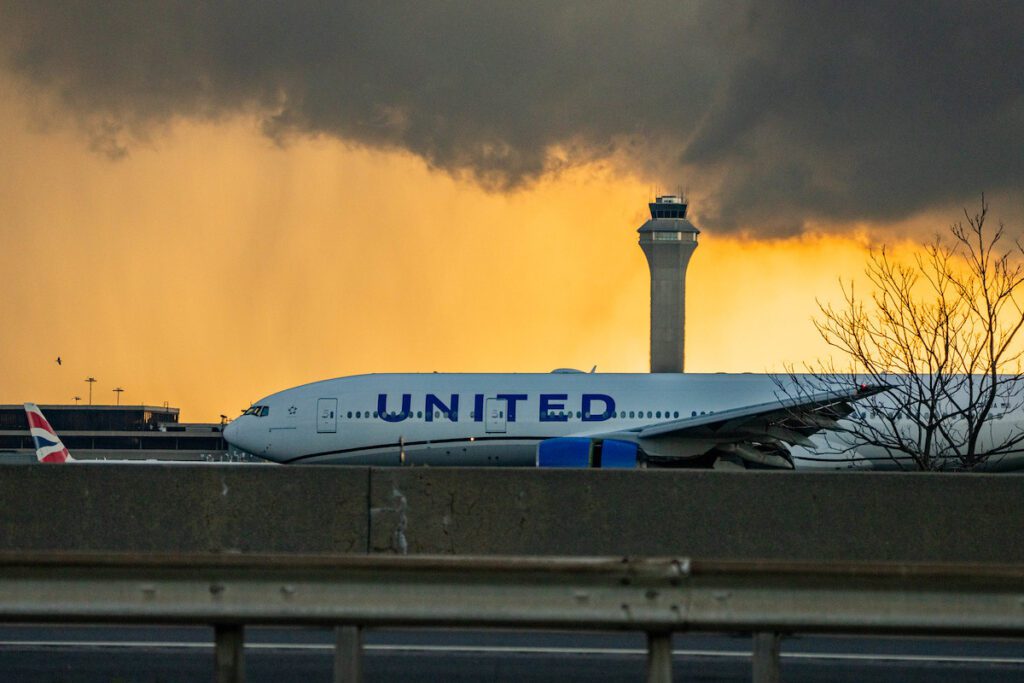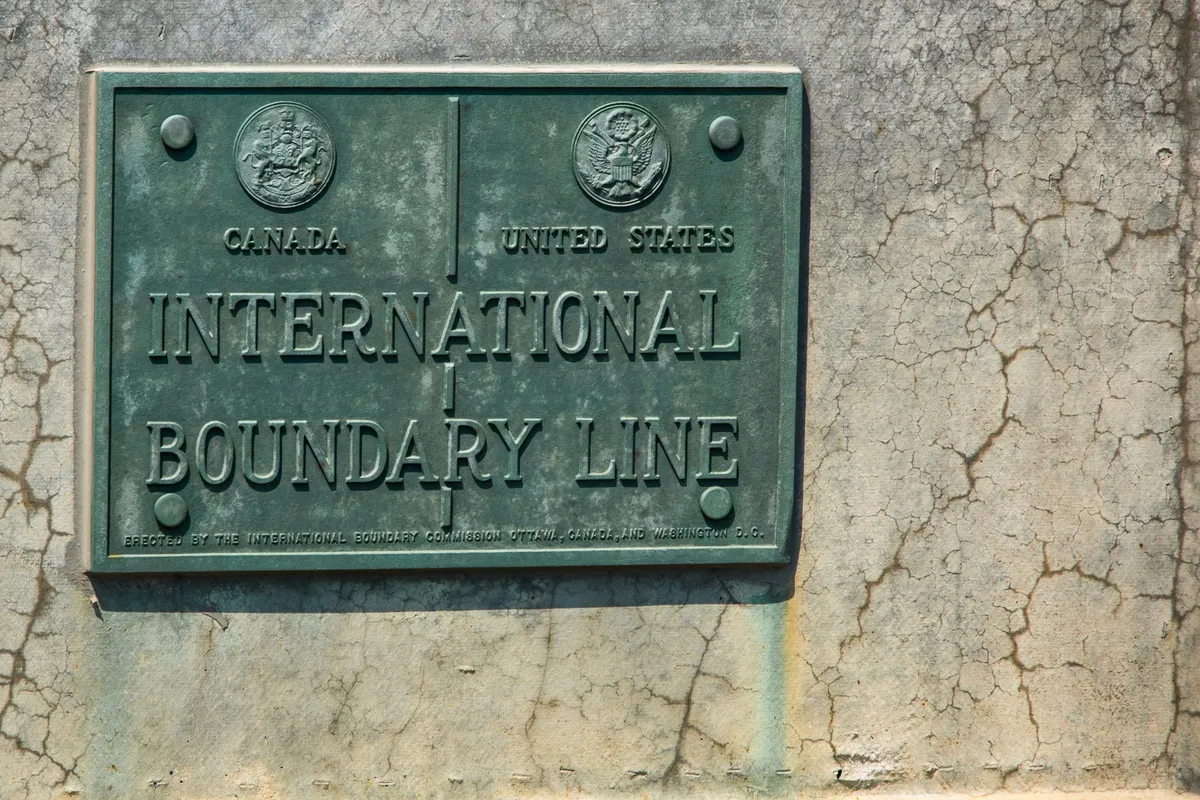FAA Extends New York Flight Cuts Through October
The Federal Aviation Administration will allow airlines to operate fewer flights at New York-area airports through October, as it faces an intractable air traffic controller shortage in the region.
The regulator has extended a waiver that allowed airlines to idle 10% of their slots or runway timings — one of either is needed for a takeoff or landing — at New York's JFK and LaGuardia airports, and Newark through October 28. The relief, which began in May, was due to end on September 15. Without the waiver, airlines must use their slots and runway timings 80% of the time or risk losing them.
The FAA "continues to expect that airlines will operate larger aircraft to transport more passengers and make sure passengers are fully informed about any possible disruptions," the regulator said in a statement. It added that it was "working closely with NATCA [National Air Traffic Controllers Association] to implement a long-term solution to resolve ongoing low staffing levels."

Trade group Airlines for America (A4A) earlier in August called for an extension of the New York-area slot usage waiver saying the air traffic controller staffing staffing levels had not “meaningfully improved.”
What the solution to the staffing shortage is unclear. Transportation Secretary Pete Buttigieg has said that the agency aims to hire 1,500 new air traffic controllers this year and, if funding is approved, another 1,800 next year. However, high attrition rates during training are understood to cut the actual number of new controllers in half. In addition, Congress has yet to pass a FAA reauthorization bill leaving funding for next year in question.
Carriers have struggled to maintain regular operations in New York this summer. United Airlines went so far as to shrink its Newark hub in August after severe storms and air traffic control restrictions resulted in flight disruptions in New York and across its network during the week before July Fourth.
"We are seeing [air traffic control] programs stay in place longer than we've ever seen before for similar weather events, which is driving hundreds of delayed flights a day for JetBlue alone," JetBlue CEO Robin Hayes said earlier in August. "To put it in perspective, when we look at the FAA's data on the worst industry cancellation events for thunderstorms at JFK, the worst four events since 2014 happened in late June and early July of this year."




